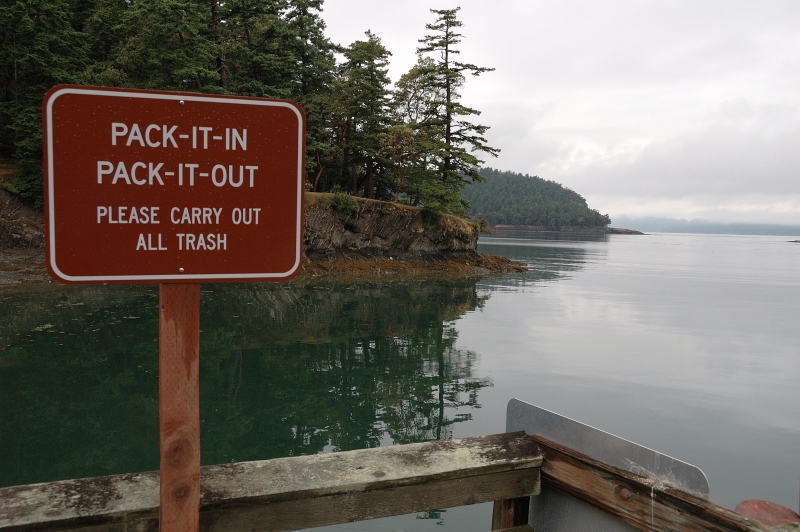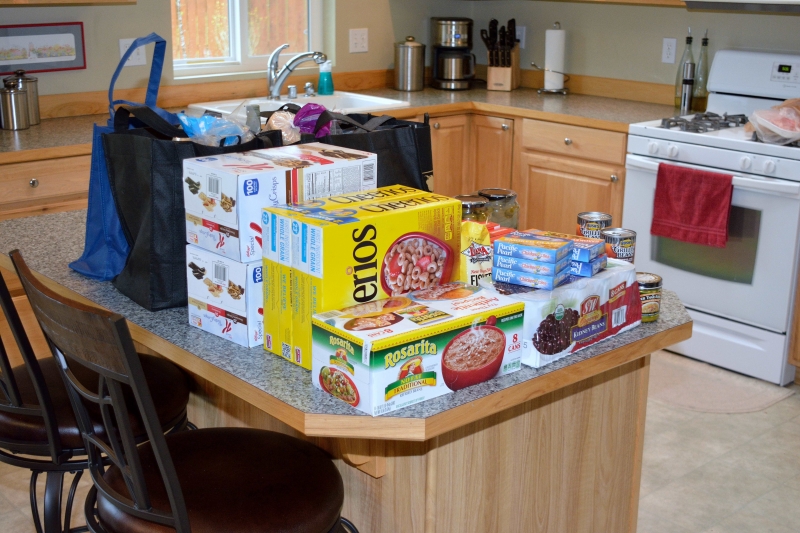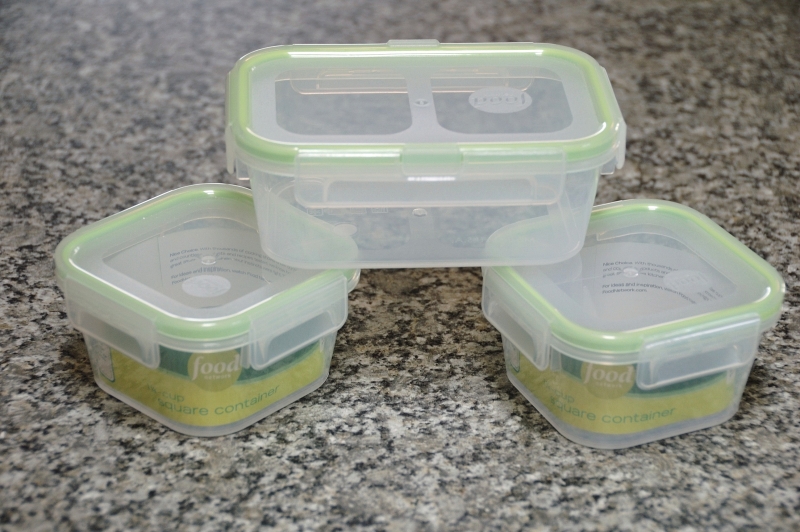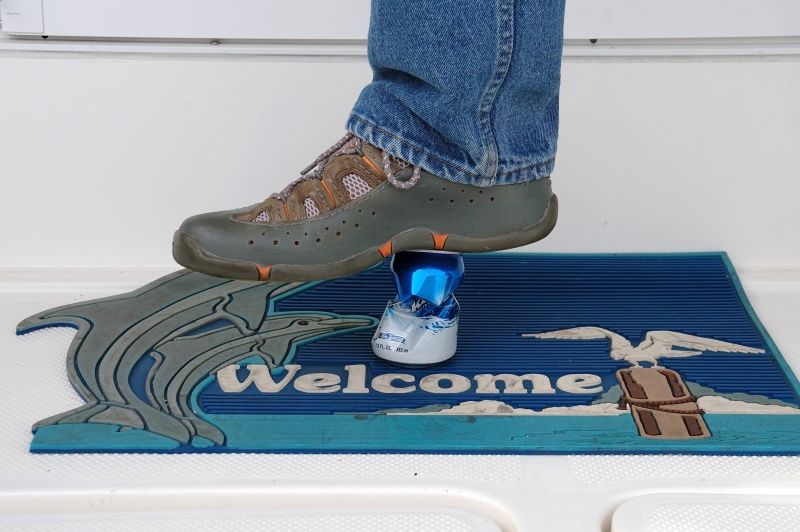Trash Management – Someone’s Gotta Do It
1st June 2022

One issue every cruiser confronts is: trash management when boating. Whether spending a weekend anchored in a secluded cove, at a provincial marine park, or cruising the inside passage it doesn’t take but a few days before the trash can begin to pile up.
There’s never enough room for trash, so here at Freedom Marine we have developed and implemented a process that is used regardless of where or how long you will be out cruising. It enables us to address the trash issue before leaving the dock.
The longer the voyage the more consideration is given in the packaging during our provisioning. Consider not just how much trash a particular item will generate, but whether you can get rid of some of that trash before leaving the dock or better yet before taking it aboard. By doing so, you can easily go a couple weeks between trash dumps.

Here are some tips:
Remove eggs from their cardboard container and store them in a reusable plastic egg container.
Take dried food items out of their packaging and vacuum seal the contents or store it in zip-lock type bags. Cut out the cooking instructions and place them in the bag before sealing or tape them to the outside of the bag.
Store rice, flour, sugar, coffee, tea, pancake mix, etc., in airtight plastic containers which come in a variety of shapes and sizes. Beyond being stackable, the containers are airtight, leak-proof and have secure tabs that latch on each side, keeping them sealed.

Before departure, remove meats from their original packing, discarding the Styrofoam tray and vacuum seal meat in flat serving-size portions. Vacuum sealing not only reduces trash on board but also extends the life of foods. Frozen foods don’t suffer freezer burn, and refrigerated foods spoil less quickly. You can also pack a lot more items in the freezer if they are vacuum sealed.
Limit the number of glass jars and plastic tubs on board. Remove the contents and store it in stackable plastic containers with locking leak proof lids. Look for products in plastic rather than glass containers. Use dried, dehydrated, or freeze-dried foods such as pastas, rice, instant mashed potatoes, hash browns, fruit, instant soups, sundried tomatoes, oatmeal, beef jerky, and hot chocolate.
When glass jars and plastic tubs do make it on board – jars of peanut butter or jelly jars, plastic tubs of margarine or sour cream – they become garbage containers when they’re empty. Anything with a wide mouth and tight lid is great for collecting food scraps.
The quality of boxed wine has come a long way! The bladder can be removed from the box and cardboard discarded before leaving the dock, the empty pouch can be flattened producing far less trash volume than bottles.
Try to limit the number of canned goods on board due to disposal issues, but when there is no choice rinse the cans, place the lid inside and totally flatten the can for storage in a plastic bag. This task can be made easier if the bottom of the can is being removed with a can opener.

Provision soda and beer in cans, because they can be stored easily and later smashed flat and stored in a plastic bag for recycling. We rinse them out in some seawater, so they don’t attract bugs and then keep the cans in a separate bag for recycling later.
Empty 16 oz. plastic water bottles can add up in a hurry. Therefore, opt to use refillable, high quality, sports bottles. Fill them with water from the onboard tank. If you are going to be in an area where you’re going to be taking on water that is suspect, provision bottled water in 2 ½ gallon plastic containers (equals 20 bottles).
Rolls of paper towels can take up space as well as produce more trash to deal with. Clorox Handi Wipes are a great substitute and will do many of the tasks of a paper towel like wiping up the spills in the galley or even doing dishes. They are durable, washable, reusable, and dry quickly. While there are still times when we want paper towels instead of a Handi Wipe, we’d suggest purchasing ones with the “half-sheet” perforations, so you don’t always use a full sheet.
By employing the above trash limiting tips you will be able to stay out on the water longer, having to make it to a dock for a trash run.
(Deane Hislop – In Partnership with Freedom Marine)


